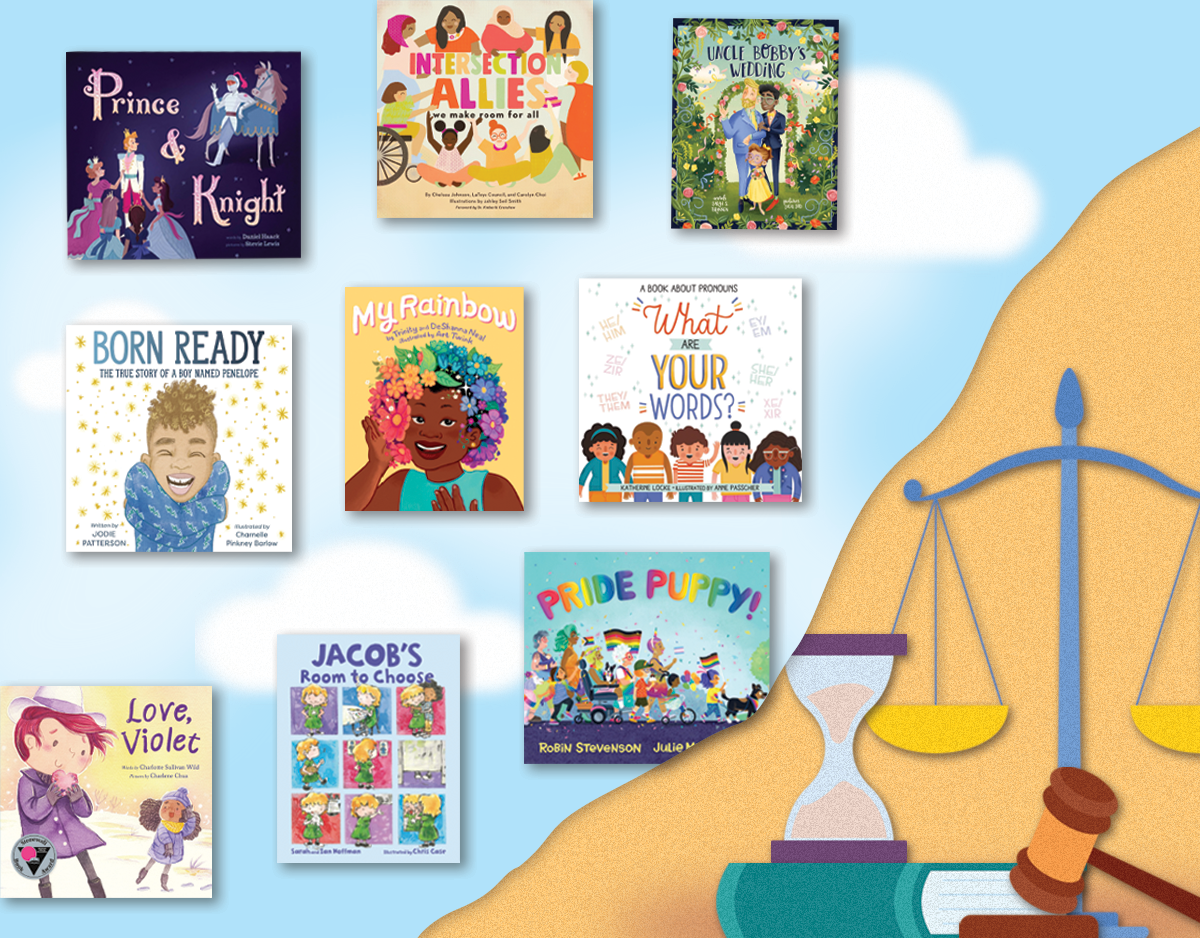SCROLL DOWN TO READ THE POST
PaperRater rates my paper
 I must admit I was suspicious of this one–I’ve always been suspicious of nonhuman writing assessments—but I now think PaperRater is a cool tool for students (and adults) interested in getting some feedback on their written work before they submit it for grading or publication.
I must admit I was suspicious of this one–I’ve always been suspicious of nonhuman writing assessments—but I now think PaperRater is a cool tool for students (and adults) interested in getting some feedback on their written work before they submit it for grading or publication.
word usage: verb types: to be (79) auxiliary (46) types as % of total: conjunctions 6% (199) pronouns 7% (224) prepositions 12% (371) nominalizations 3% (104)
sentence beginnings: pronoun (31) interrogative pronoun (7) article (24) subordinating conjunction (8) conjunction (5) preposition (10) The word usage counts are intended to help identify excessive use of particular parts of speech.
Verb Phrases The category of verbs labeled “to be” identifies phrases using the passive voice. Use the passive voice sparingly, in favor of more direct verb forms. The verb category “aux” measures the use of modal auxiliary verbs, such as “can”, “could”, and “should”. Modal auxiliary verbs modify the mood of a verb.
Conjunctions The conjunctions counted by style are coordinating and subordinating. Coordinating conjunctions join grammatically equal sentence fragments, such as a noun with a noun, a phrase with a phrase, or a clause to a clause. Coordinating conjunctions are “and,” “but,” “or,” “yet,” and “nor.” Subordinating conjunctions connect clauses of unequal status. A subordinating conjunction links a subordinate clause, which is unable to stand alone, to an independent clause. Examples of subordinating conjunctions are “because,” “although,” and “even if.”
Pronouns Pronouns are contextual references to nouns and noun phrases. Documents with few pronouns generally lack cohesiveness and fluidity. Too many pronouns may indicate ambiguity.
Nominalizations Nominalizations are verbs that are changed to nouns. Style recognizes words that end in “ment,” “ance,” “ence,”or “ion” as nominalizations. Examples are “endowment,” “admittance,” and “nominalization.” Too much nominalization in a document can sound abstract and be difficult to understand.
Filed under: apps, plagiarism
About Joyce Valenza
Joyce is an Assistant Professor of Teaching at Rutgers University School of Information and Communication, a technology writer, speaker, blogger and learner. Follow her on Twitter: @joycevalenza
ADVERTISEMENT
SLJ Blog Network
The Last Book You Will Ever Read in 2025
World Premiere Video for a Brand New Amos McGee! With Special Q&A with Erin E. Stead
Bizarre Bazaar | This Week’s Comics
Heavy Medal Suggestions: 73 Titles and Counting
When Books Sing: Why Music in Literature Matters, a guest post by Rayne Lacko
The Classroom Bookshelf is Moving
ADVERTISEMENT
ADVERTISEMENT











